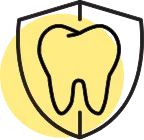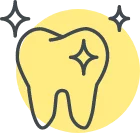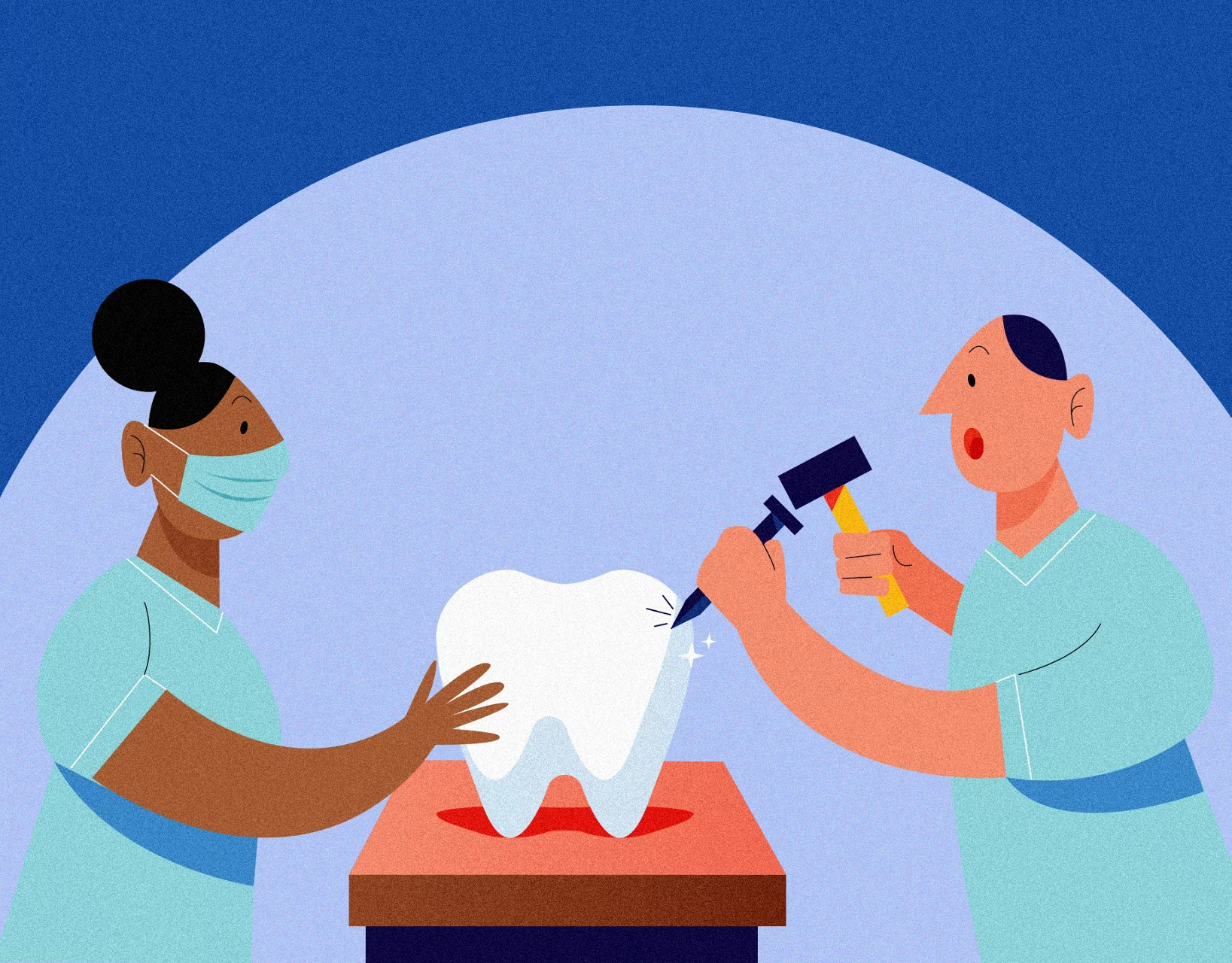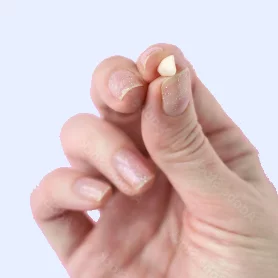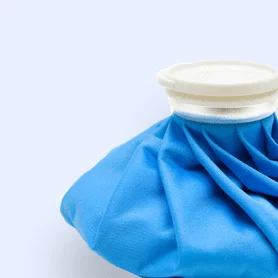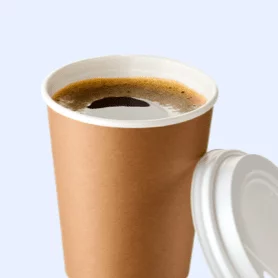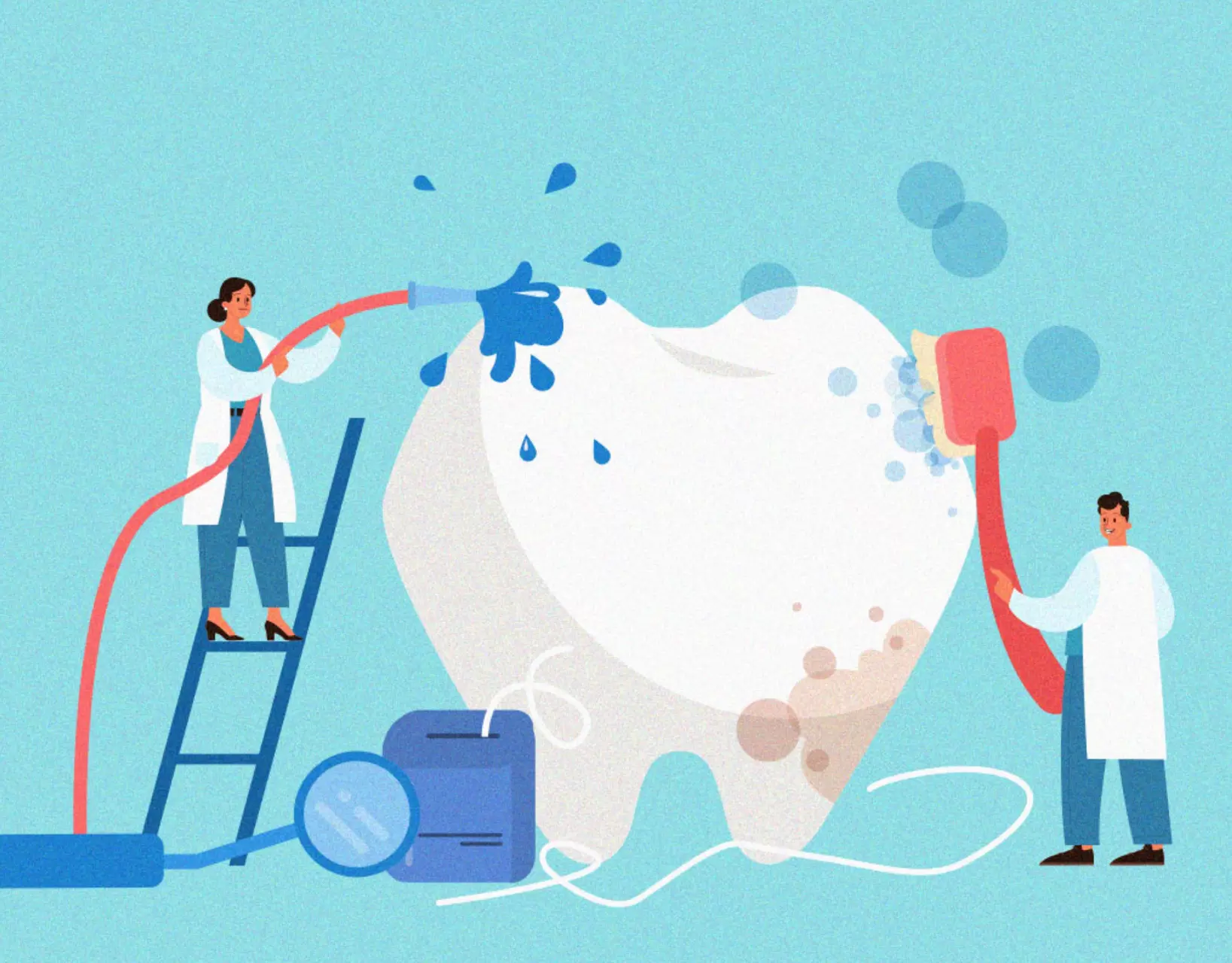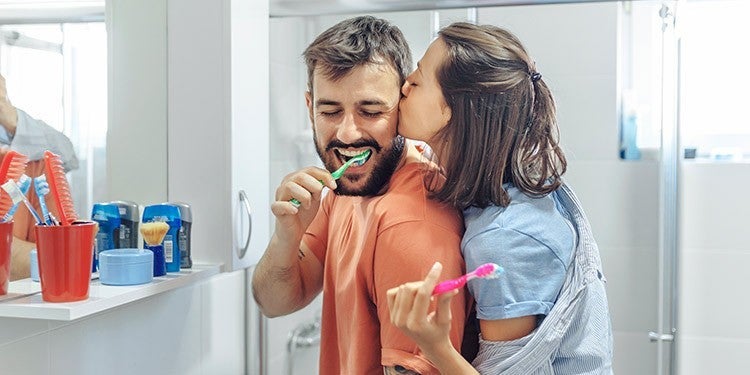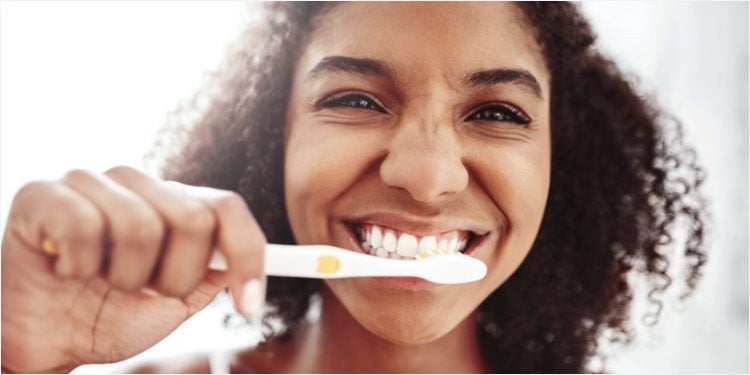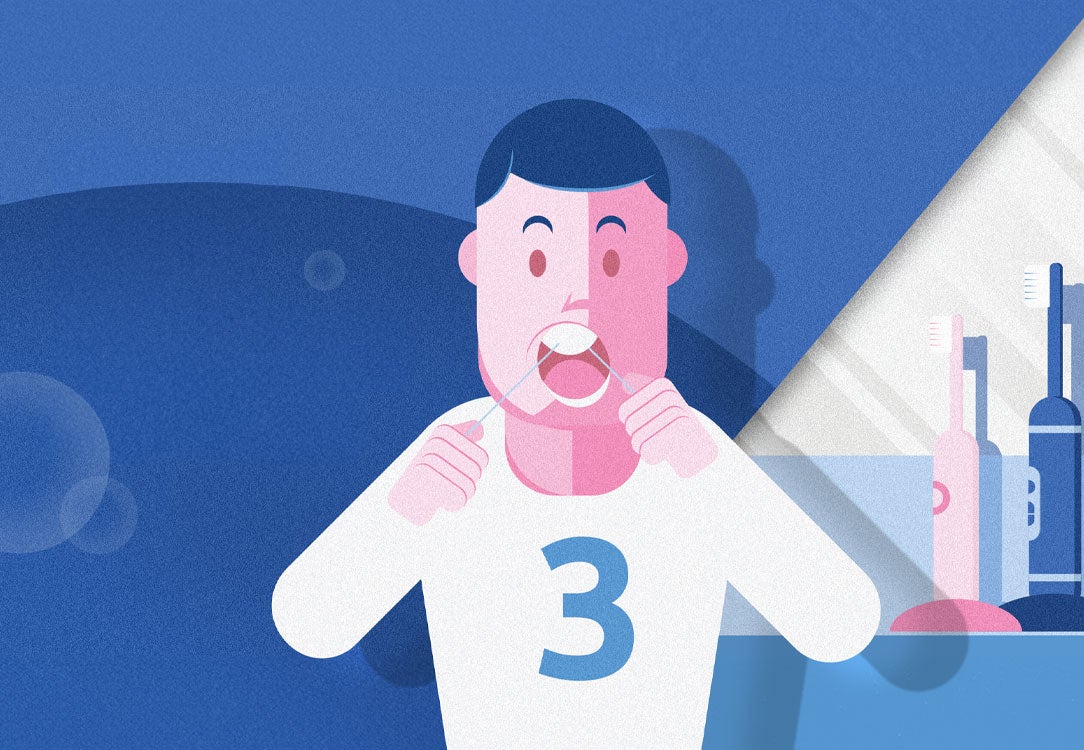How can we help?
- OVERVIEW
- ROUTINE CLEANING
- DENTAL HYGIENE
- CANCER SCREENINGS
- X-RAYS/IMAGING
- DENTURES
- DENTAL SEALANTS
- FLUORIDE TREATMENT
- FILLINGS
- SEDATION DENTISTRY
- DENTAL CROWNS
- BRIDGES
- ORALFITNESSCHECK
The Benefits of Dental Hygiene
Dental hygienists are skilled to perform preventative dental care and help maintain good oral health.
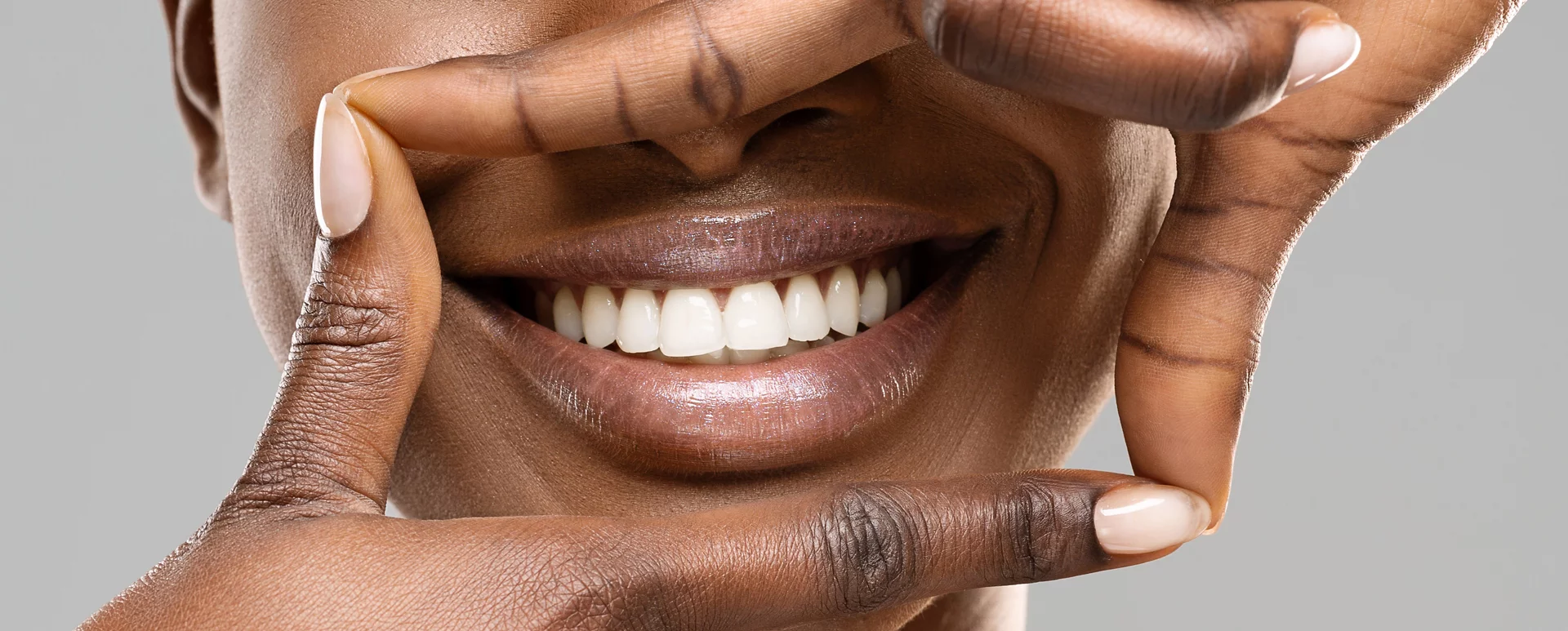
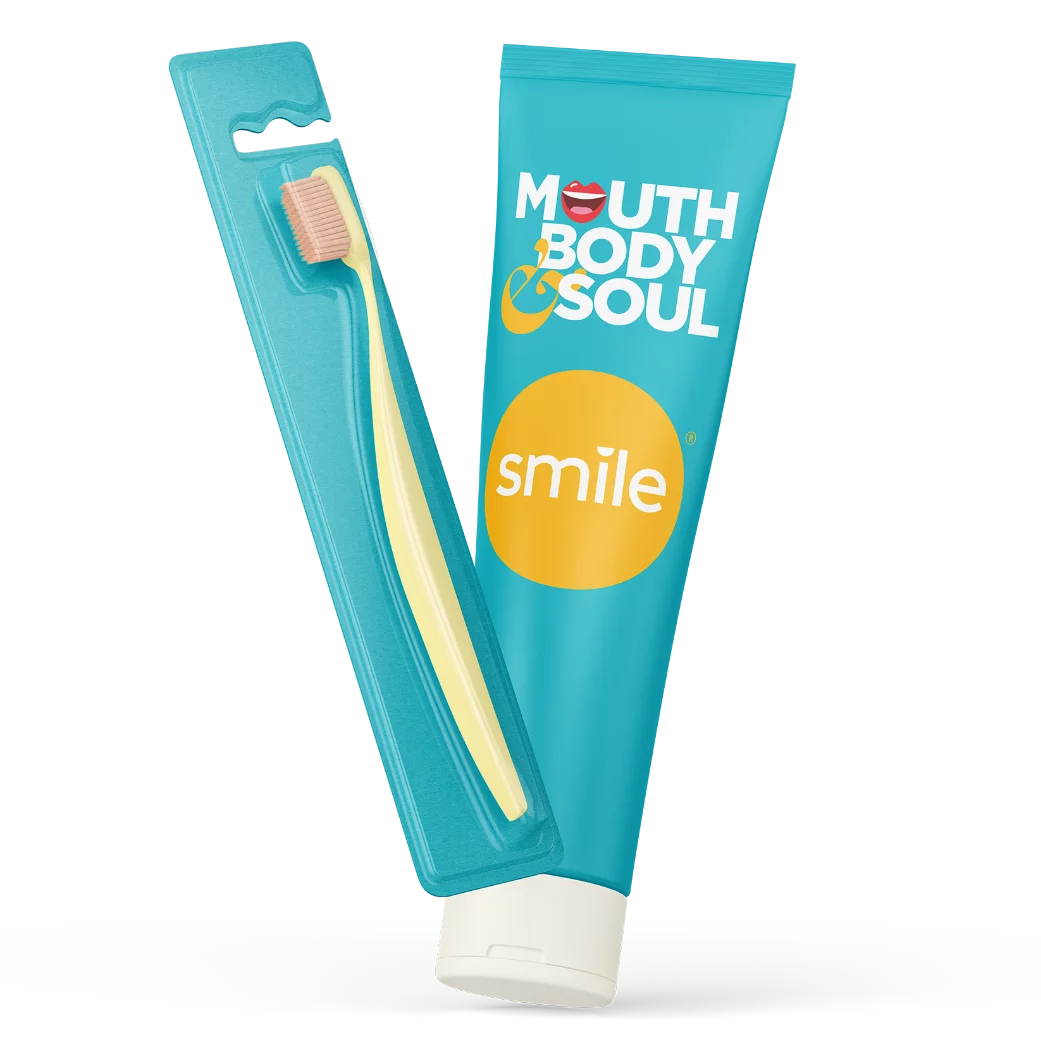

Book an Appointment Today
Find the best dental hygienist near you. Preventative care made friendly.
Got questions?
If you have questions about dental hygiene, we saved you the trouble and provided answers to commonly asked questions. Find your answers just a click away.
Maintaining good oral hygiene is important to keep your teeth healthy and prevent a wide range of oral health issues, including:
- Chronic bad breath
- Sensitive teeth
- Dry mouth
- Toothaches
- Bleeding gums
- Receding gums
- Mouth sores and ulcers
- Pain when biting or chewing
- Cracked or broken teeth
But oral hygiene can affect much more than just your mouth. Bad oral health can have a surprising impact on your whole-body health as well.
Learn more in our blog article, "Dental Hygiene: Tips & Health Issues."
To improve your oral hygiene, create and practice a good oral health routine every day. This includes:
- Brushing regularly for two minutes at a time, twice a day
- Replacing your toothbrush every three or four months
- Getting fluoride treatments to protect your teeth
- Avoiding sugary and acidic foods
- Getting fluoride treatments to protect your teeth Avoiding sugary and acidic foods
Learn more in our blog article, Dental Hygiene: Tips & Health Issues.
Flossing is an essential part of your at-home oral hygiene routine. It helps you clean tooth surfaces you cannot reach with your toothbrush. Removing plaque and food particles between your teeth and along your gum line may help prevent gingivitis, also known as gum disease. Proper flossing may also help you reduce your risk of cavities.
Learn more in our blog article, Dental Hygiene: Tips & Health Issues
Yes, your oral health is linked with your whole-body health. We call this the Mouth-Body Connection. Studies show that poor oral health is associated with an increased risk of problems throughout your body, including:
- Heart disease
- Cognitive decline and dementia
- Diabetes
- Pregnancy complications
- Stroke
- Cancer
Learn more in our blog article, Dental Hygiene: Tips & Health Issues




